
The Incubator Training Program 2022-23 and 7th Global Meeting at Budapest
A two day training programme was organised by Global Alliance of NGOs for Road Safety at Budapest on 21-22 March 2022 followed by 7th Global Meeting on 24-25 March 2022. A two day training program led to teach about identifying the problem, achieving evidence based interventions, contextual analysis and more issues being tackled in the incubator training like how to plan a year calendar to make sure the activities lead to evidence based interventions. Participants were taught about the important role to be played by NGOs in decision making and influence higher authority in the Government towards Road Safety.
Also, we had a fruitful meeting with UN Envoy for Road Safety Mr. Jean Todt, who expressed his interest to help us in all possible ways to support Road Safety.
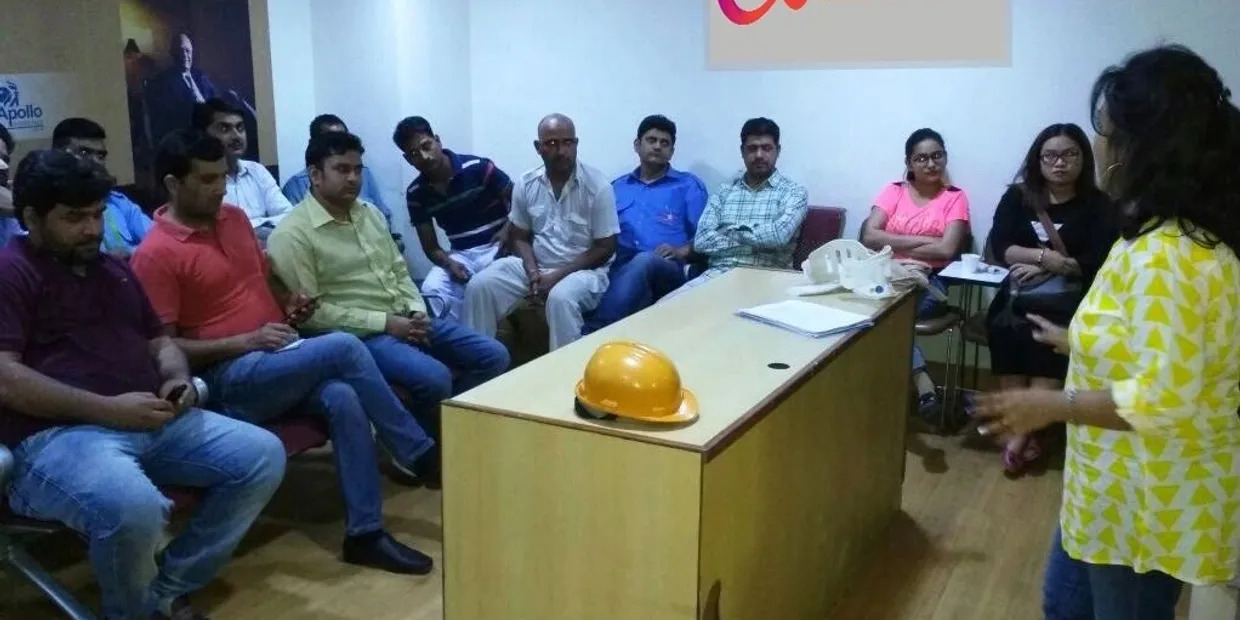
First Responders Training
The person who witnesses the accident site first is called first responder. Most of the fatality and disability are caused by secondary injury after the accidents. This is due to lack of basic lifesaving skills in people.
First responder training includes basic CPR, safe transportation, fracture stabilization and introduction to airways (basic). So far, WOCHET has trained more than 100 cab drivers, DTC bus drivers and conductors on the occasions of World Head Injury Day and Road Safety Month
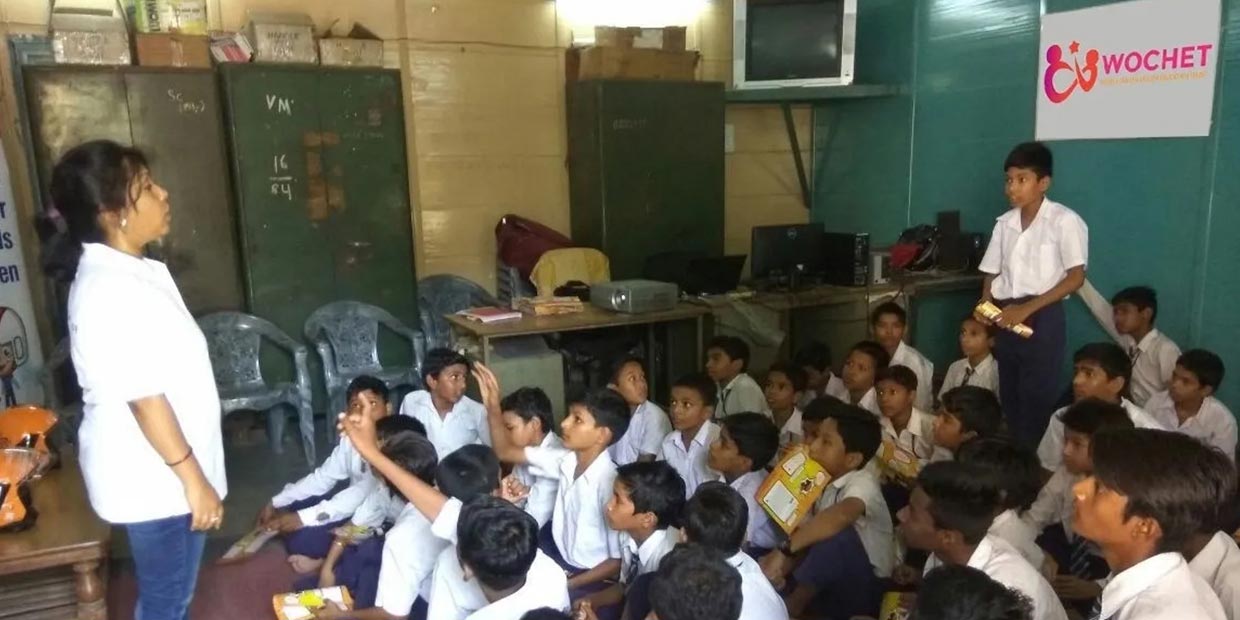
Educational Program for school children on social issues
Education is the best tool to empower anyone. We believe childhood is tender and easy to mold period of human lives. Keeping this fact in mind, we target school going children to make them aware on various issues like road safety, personal hygiene, first aid etc. We aim to inculcate these virtues in them and help them in transforming into a good human being. So far we have addresses more than 10, 000 children from various Government and Government aided schools
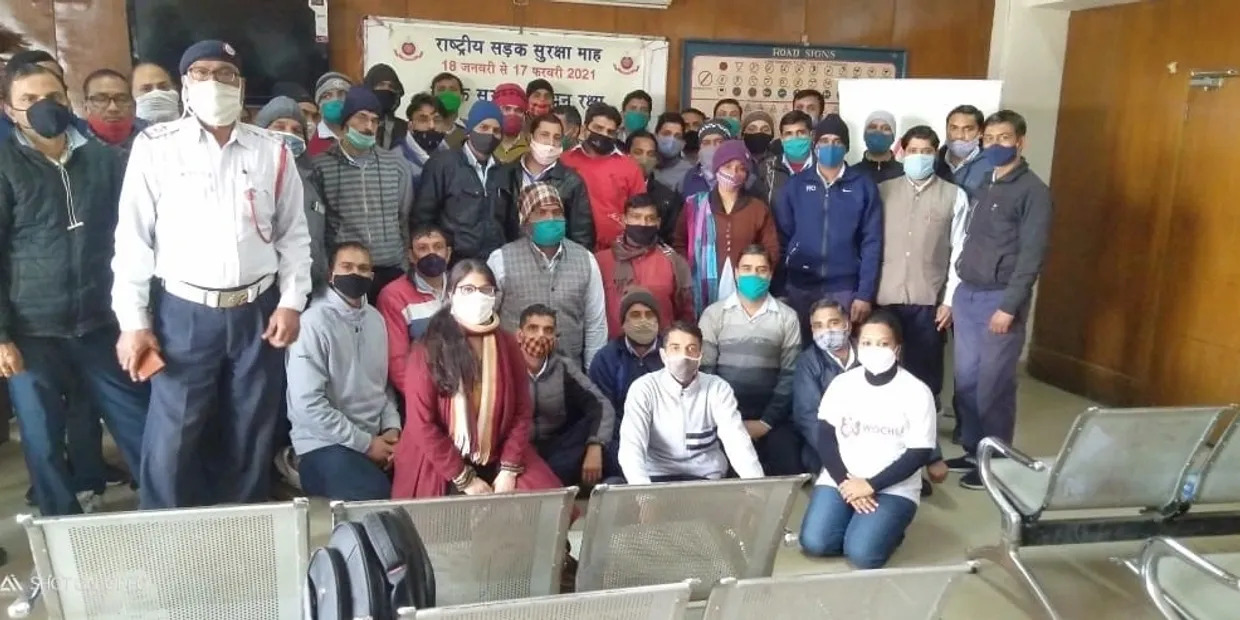
Awareness Drives on health and safety
Every year 1.5 lakh people die on the Indian Roads due to accidents. Most of the fatalities involve the young population on two wheelers. Out of this 1.5L, 22,000 are small kids, who ride as pillions with their families. Reason of these deaths is very common and that is not wearing helmets.
After RTA, Cancer, Tuberculosis and HIV are the most common cause of death globally. Amongst others, Breast cancer is by far the most common type of cancer in women, still it takes 458 000 deaths globally every year. An early detection can prevent such deaths and WOCHET is dedicated for the cause.
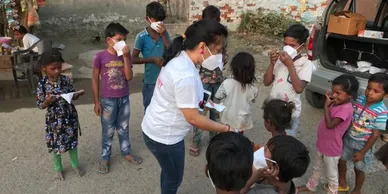
Distribution of N-95 Masks
Seeing the debilitating effect of COVID 19 across Delhi, WOCHET took this responsibility to stop the spread of this disease by distributing N-95 masks in the community and make them aware about this disease and ways of preventing it.
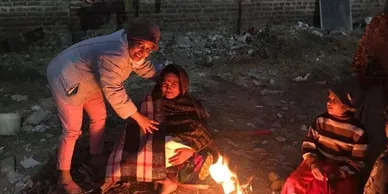
War against winter
As per PPPs International Comparison Program in 2019, According to the United Nations Millennium Development Goals (MDG) programme, 88 million people out of 1.2 billion Indians, roughly equal to 6.7% of India’s population, lived below the poverty line in 2018–19.
Delhi comes to 22.93 lakhs which amount to 14.7% of the total population. Sector-wise break-up revealed that 6.9% of the rural population (0.63 lakhs) and 15.2% of the urban population (22.30 lakhs) were estimated to be below poverty line and in Bihar this stat is 32.21%.
With the limited resources and volunteers, WOCHET started Blanket Distribution Drive to save the people on the street under open sky in chilling winter. This drive is an annual feature in Delhi and Bihar started from 2020.
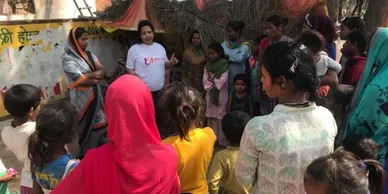
Menstrual Hygiene
Menstrual hygiene is always in alarming situation in India. Main reasons for the same are: Lack of Awareness, Availability and affordability of appropriate products and Lack of access to facilities. Women in the age group (15-24 years), 42% use sanitary napkins, 62% use cloth, and16% use locally prepared napkins. Overall, 58% of women in this age group use a hygienic method of menstrual protection. 48% of rural women use a hygienic method of menstrual protection, compared with 78% of urban women.
WOCHET has taken this challenge and started awareness program in rural area of Delhi and Bihar, in which women and girls are introduced to hygienic method of menstruation. Also distribute sanitary pads to the needy.